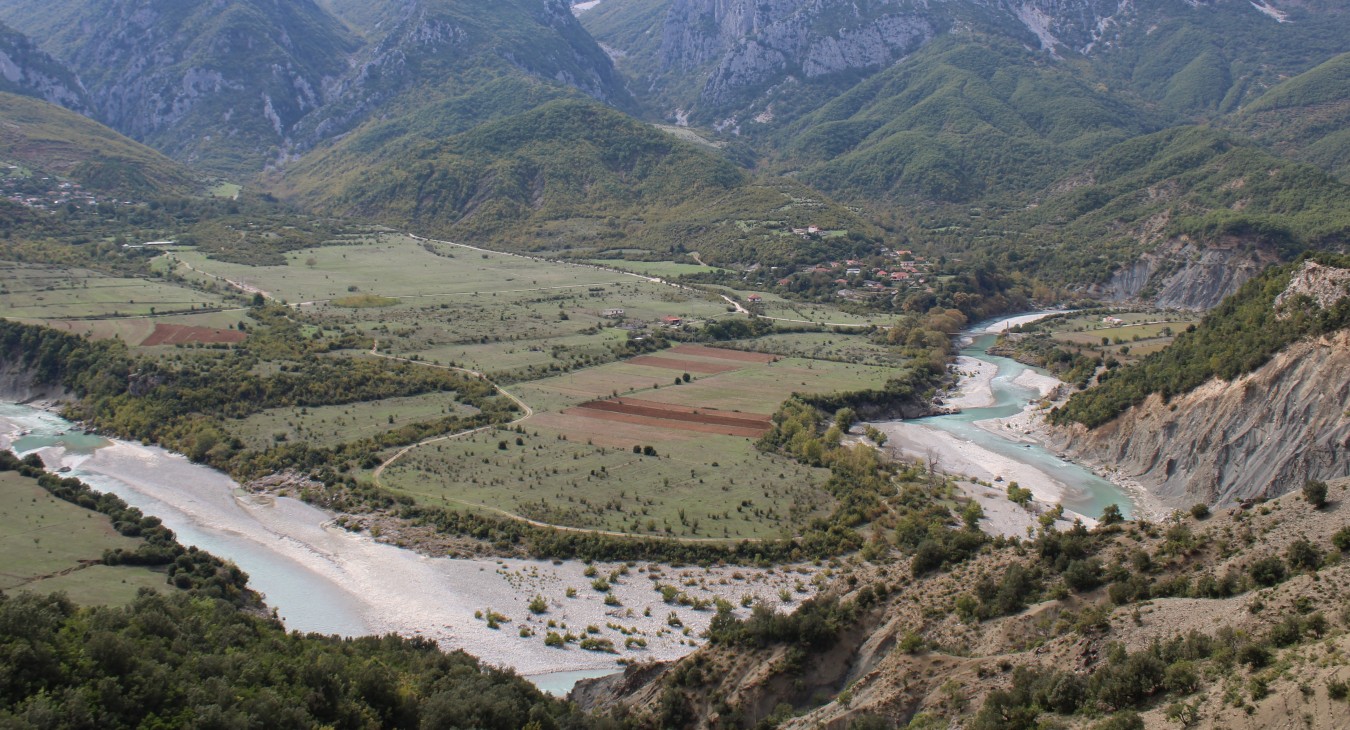SECreTour is the acronym of the project title: Sustainable, Engaging and Creative Tourism as a driver for a better future in rural and remote areas, a new research and innovation action started on 1/3/2024, under the funding of the Horizon Europe programme of the EC.
The project lasts 3 years and focuses on cultural tourism in the European peripheries.
Tourism is conceived in SECreTour as a tool to complement and diversify the income of the territories, a way of giving visibility and recognition to rural areas and their inhabitants, and a means to promote the installation and the generation of services that are beneficial both for the local communities and for the visitors. In this light, SECreTour will primarily focus on the local communities’ needs, perceptions and expectations.
Tourism is more than travelling and consuming and it has a great potential for sustainable development when it focuses on culture, nature, knowledge, and experiences. By developing a fair, creative and sustainable tourism approach together with the heritage communities, the SECreTour consortium will assess different local contexts, needs and types of cultural heritage.
Specific goals are taken into account by the project while testing and experimenting with new forms of tourism development, namely: to avoid touristification, to promote alternative business models, to enable governance and citizen engagement not only for touristic-economic planning, but also for community building and cultural heritage management and protection.
Through a series of pilot cases, the project aims to demonstrate how cultural heritage can be used as a real driver for sustainable and fair development, promoting at the same time its conservation. Pilots have been carefully chosen to represent a full range of European territories, communities and heritage, including not only rural and agrarian landscapes, but also memory places of local identities, minorities, and conflictive dark heritage. The pilots represent the focus for every part of the research as they enable the testing of general ideas and observations in local detail and in specific governance contexts, and facilitate effective communication, cooperation and problem-solving through an interdisciplinary and trans-sectoral approach.









